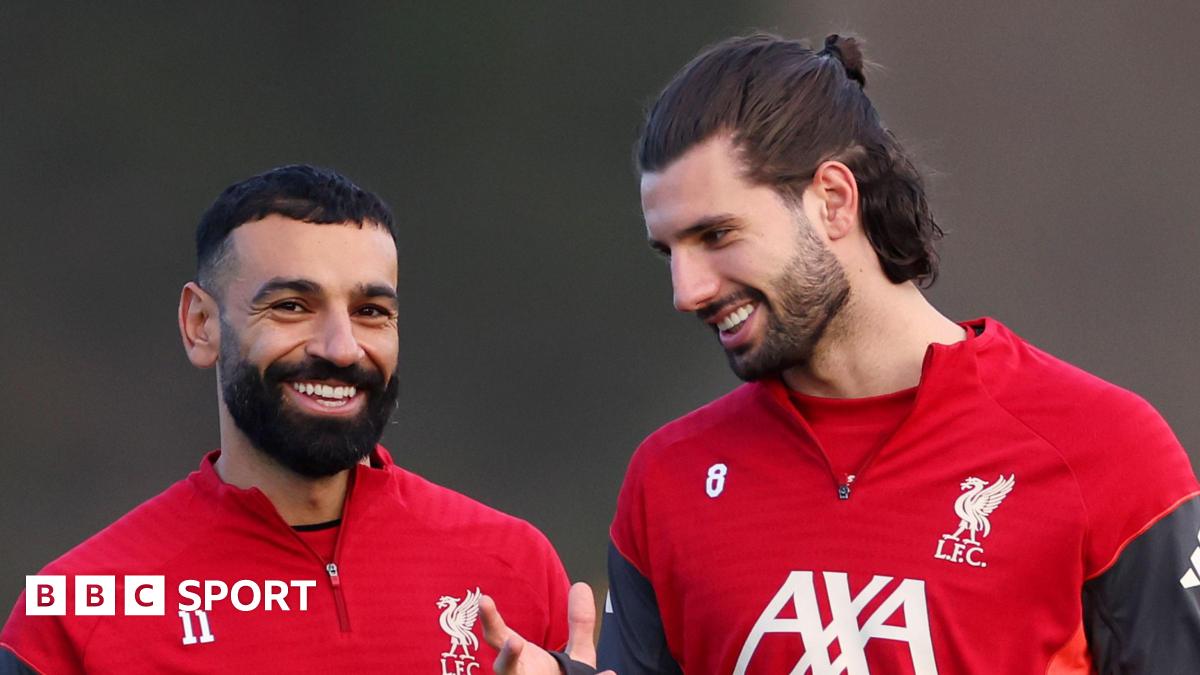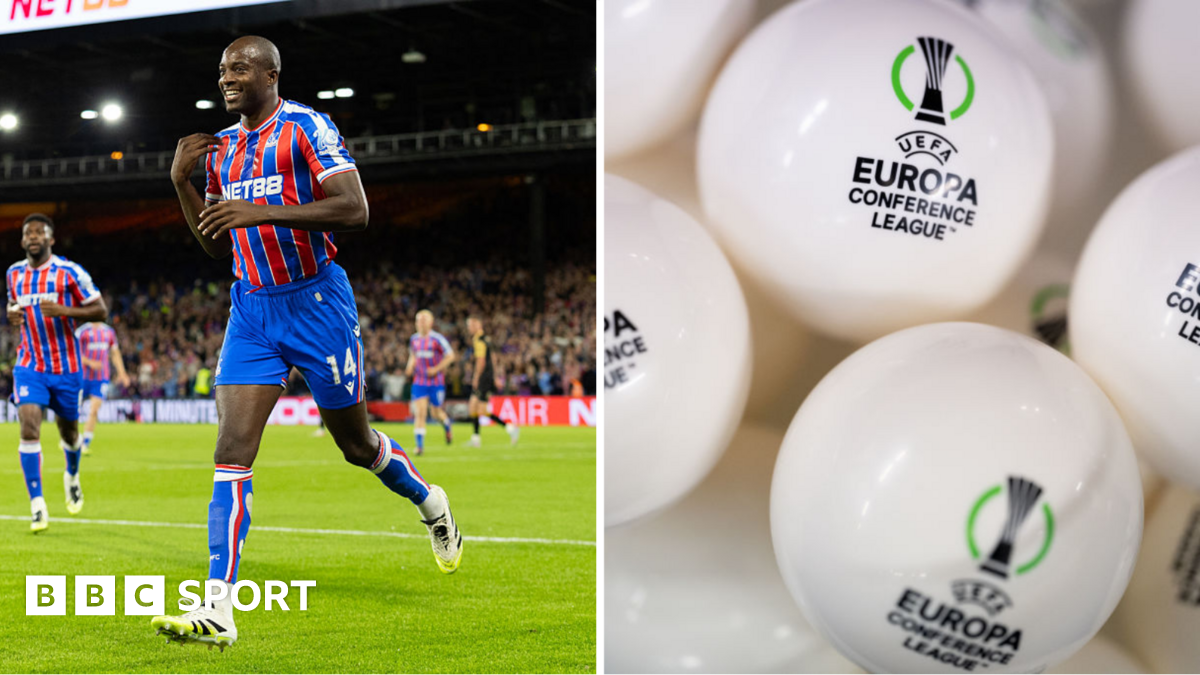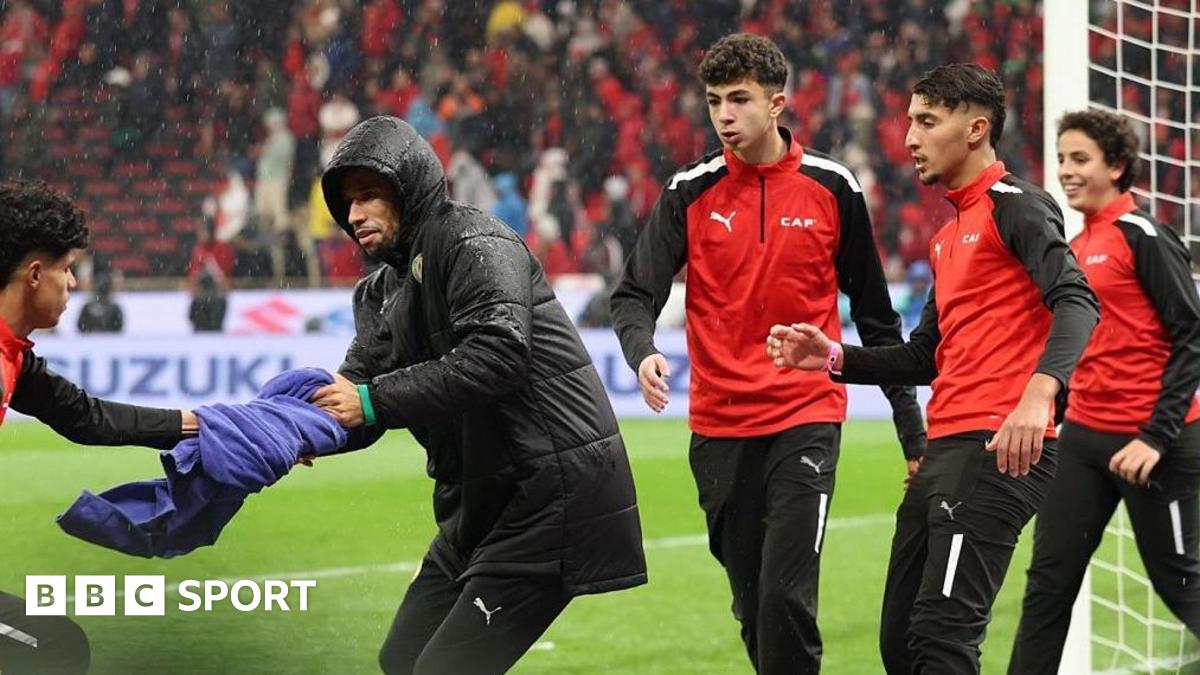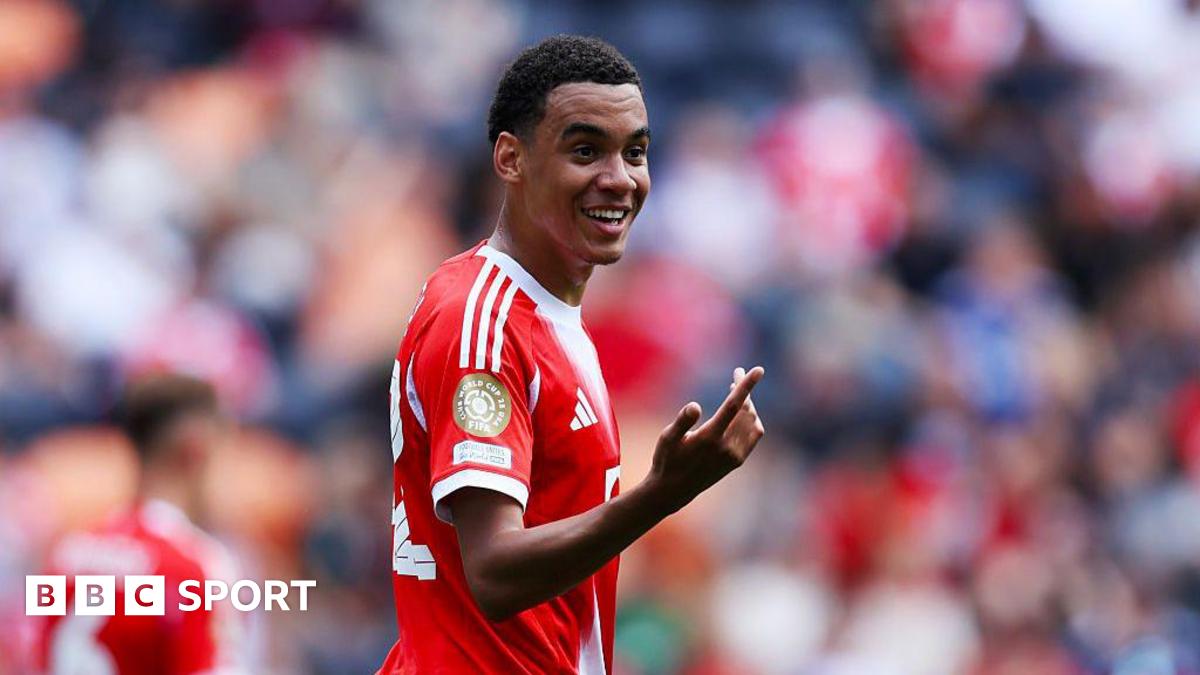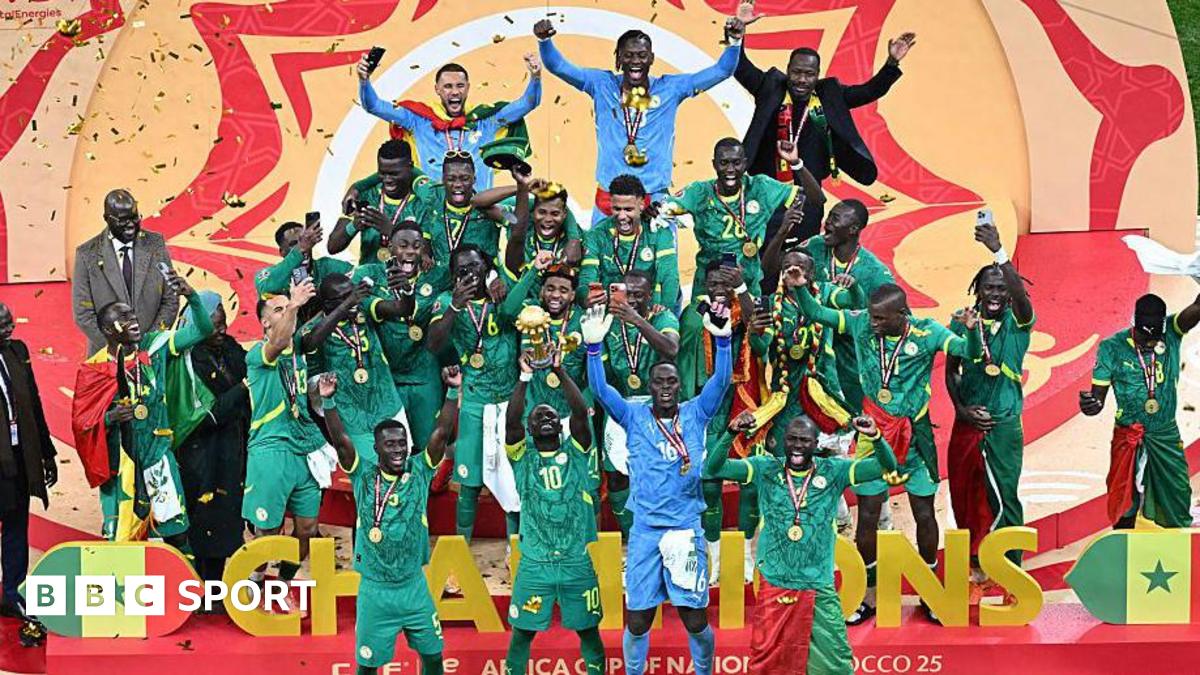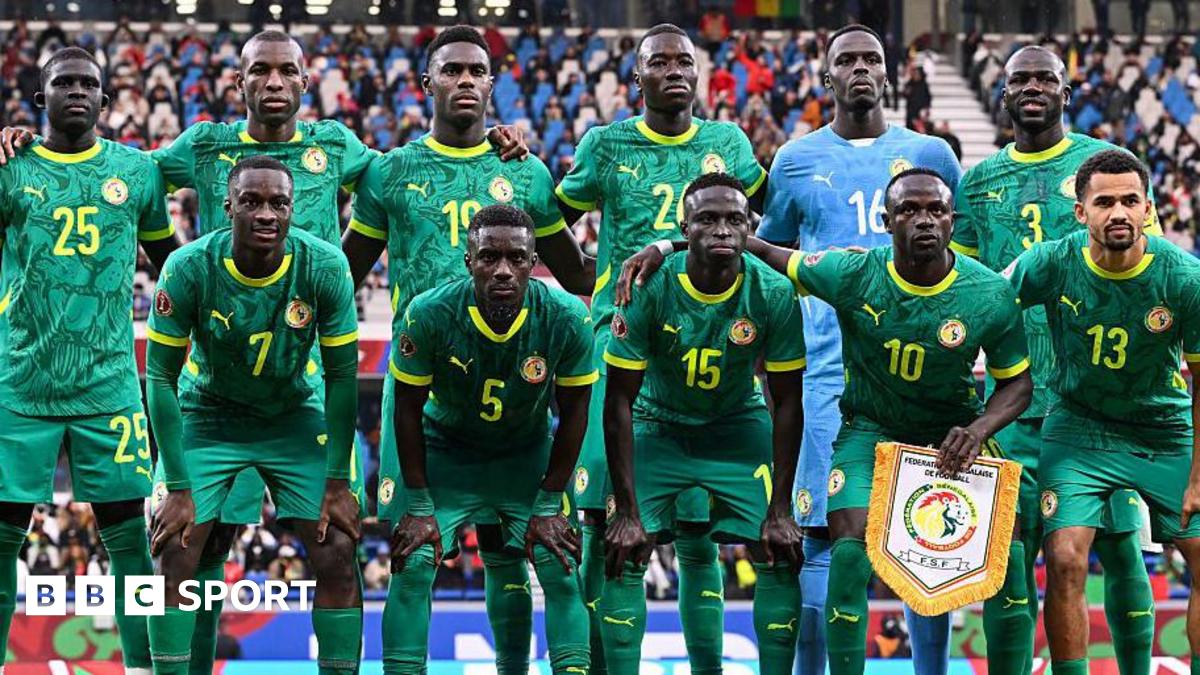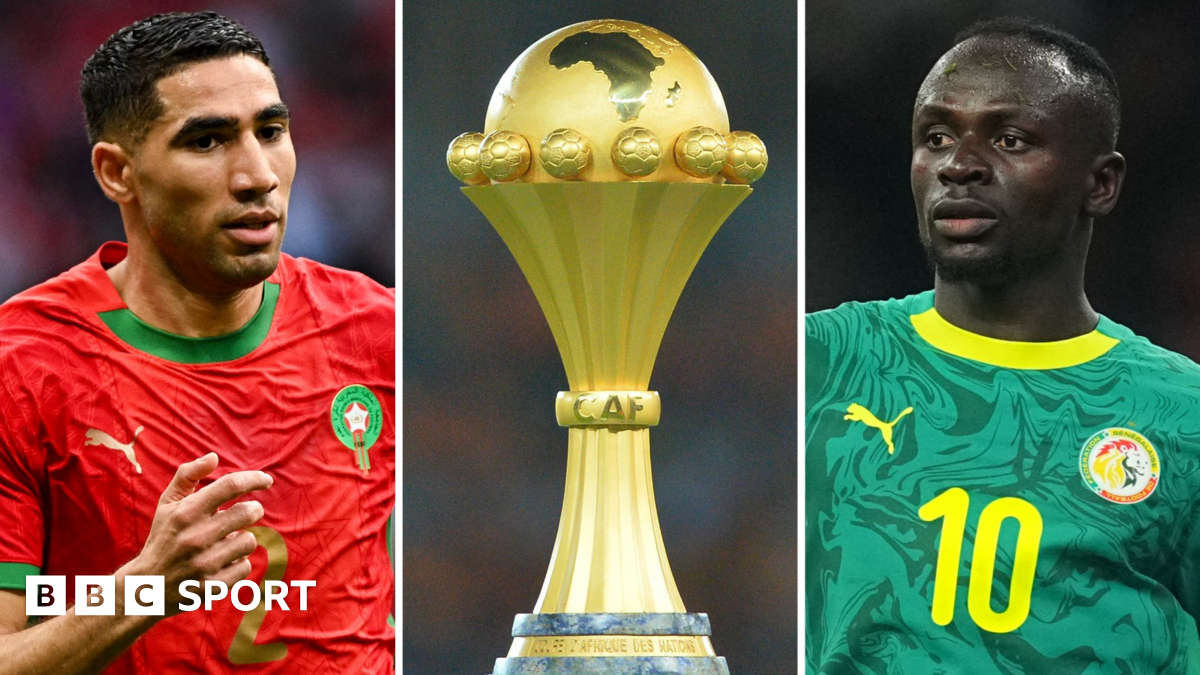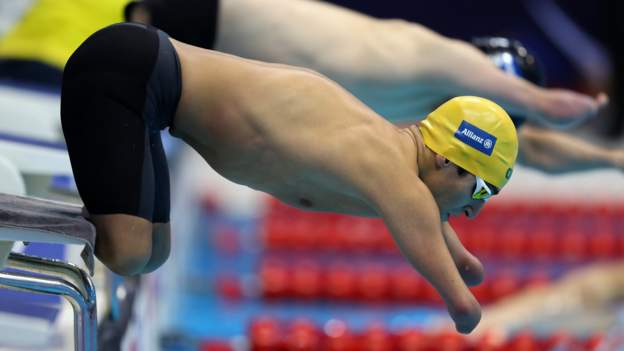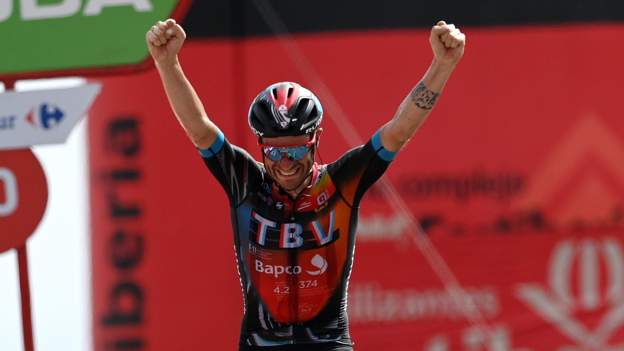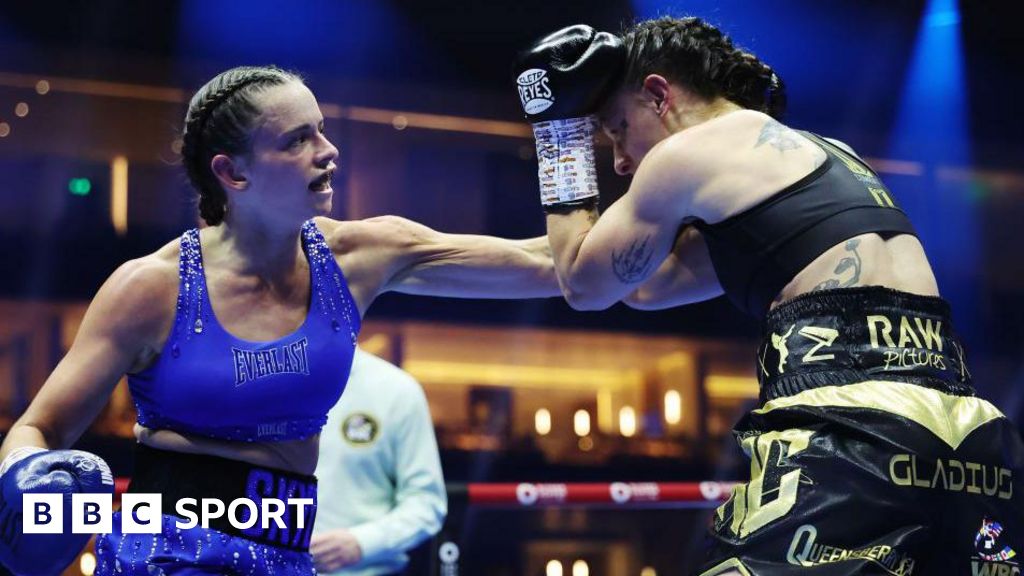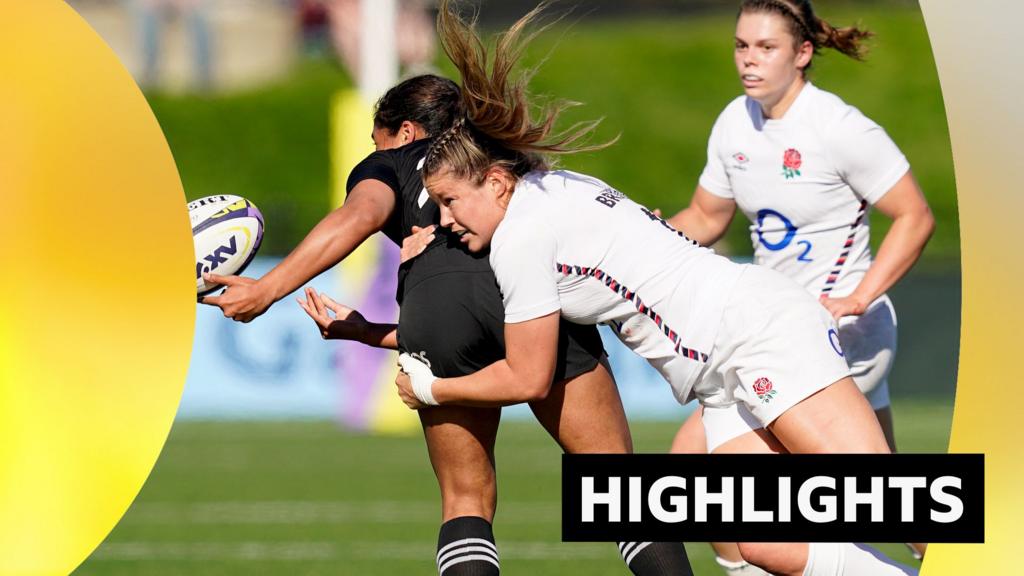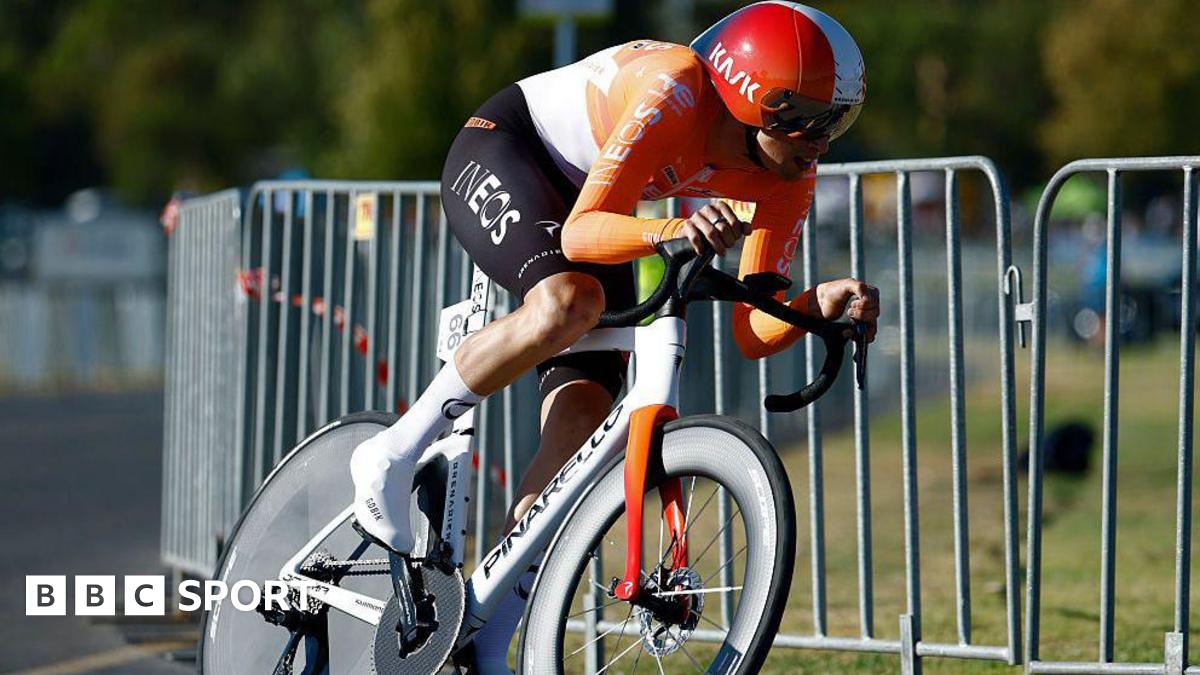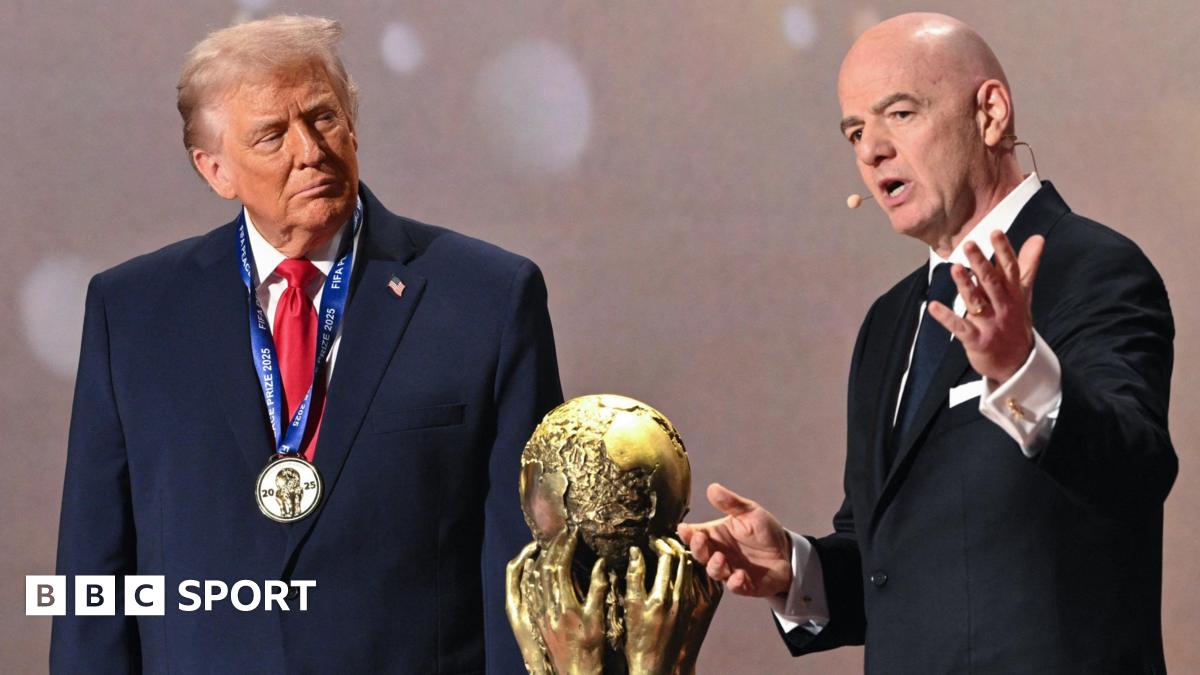| Venue: Tokyo, Japan Dates: 24 August-5 September Time in Tokyo: BST +8 |
| Coverage: Follow on Radio 5 Live and on the BBC Sport website |
Key information
Dates: 25 August-3 September
Venue: Tokyo Aquatics Centre
Gold medals on offer: 146
How does it work?
Races take place in a standard 50-metre pool in the freestyle, backstroke, breaststroke and butterfly disciplines over distances which range from 50m to 400m.
Swimmers are divided into 14 classes. Those with physical impairments are classified from S1 to S10. The lower the classification number, the more severe the impairments.
Classification is based on how an athlete moves in the water, so athletes with different impairments compete against each other but they will be deemed to have a similar level of impairment in competition.
An athlete’s classification may change for different swimming strokes because the nature of their impairment may affect their ability to perform a particular stroke.
Swimmers with visual impairments are classified from S11 (little or no vision and wear blacked-out goggles) to S13 (less than 20 degrees of vision). Swimmers who are blind have an assistant called a ‘tapper’ who may use a pole to tap the swimmer to warn them they are approaching the end of a length.
The S14 class is for swimmers who have a learning disability.
Who are the British medal hopes?
At just 23 athletes, the GB team is smaller than we’ve seen at major championships for a long time but there are some good medal chances with Rio champions Bethany Firth, Stephanie Millward, Ellie Robinson, Hannah Russell and Ellie Simmonds, plus London 2019 world champions Reece Dunn, Tully Kearney and Maisie Summers-Newton.
Who are the other challengers?
Italy were the leading nation at the Worlds, led by Simone Barlaam, who won five golds in the men’s S9 events and Carlotta Gilli who claimed four golds in the women’s S13 events. Ihar Boki of Belarus, who won six golds and a bronze in Rio and then did the same in London, will hope to dominate the men’s S13 category. American Jessica Long, who made her debut in Athens, will aim to add to her tally of 13 golds. Home hopes are led by Keiichi Kimura and his team-mate Uchu Tomita who won world gold and silver in the S11 100m butterfly.
Did you know?
German swimmer Elena Krawzow became the first Paralympian to appear on the cover of Playboy magazine when she featured in the German edition of the publication in September 2020. She said that it was an opportunity she couldn’t turn down and wanted to set an example for more tolerance in society for disabled people. The 27-year-old, who is visually impaired, won gold in the SB13 100m breaststroke in May’s European Open Championship in Madeira.
ParalympicsGB Rio 2016 medals
47 – 16 gold, 16 silver and 15 bronze

